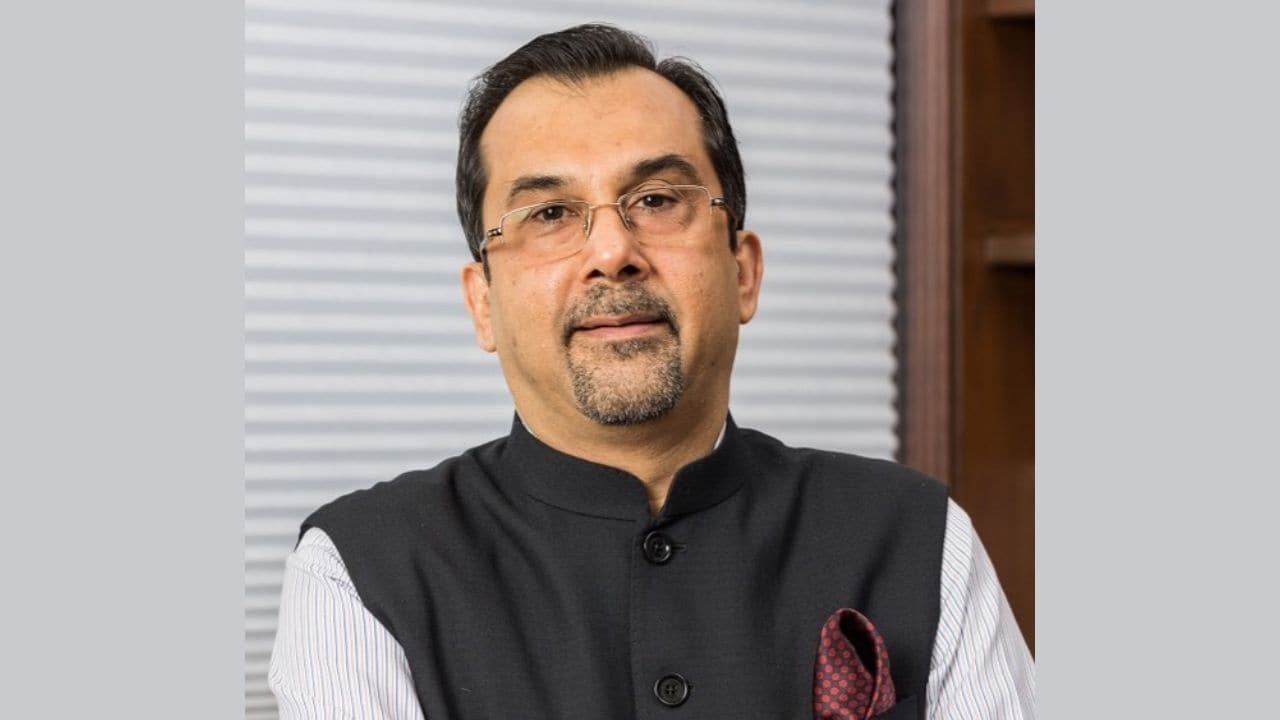Amidst the ongoing controversy surrounding a proposed 90-hour workweek, ITC Ltd Chairman Sanjiv Puri has taken a contrasting stance, emphasizing the importance of aligning employees with the company’s broader vision rather than focusing on the number of hours they work.
Puri highlighted ITC’s flexible work environment, which includes two work-from-home days per week, reported PTI.
Read more: L&T Chairman Urges Working on Sundays, Says ‘How long can you stare at your wife?’
When asked if ITC would implement specific work-hour benchmarks, Puri stated firmly, “We would not do that.” Instead, he stressed the need for employees to feel intrinsically motivated and invested in the company’s success. “We would rather like people to be part of the journey of the company and feel passionately involved… to make a difference to the enterprise,” PTI quoted.
Read more: Anand Mahindra on the 90-Hour workweek debate: “Quality Over Quantity”
Read more: Sanjeev Bikhchandani recalls his days in advertising amid 90-hour work-week controversy
Using the analogy of a castle, Puri underscored the value of a shared vision. “If you ask a mason what he is doing, he might say he is laying a brick, another might say he is building a wall, but some might say he is building a castle. It is that vision that workers should have,” he told PTI.
The ITC chairman highlighted that the company’s focus is not on monitoring the hours spent by employees but rather on enabling individuals to realize their potential and achieve goals.
Read more: Deepika Padukone reacts to 90-hour workweek remark by L&T chairman
The remarks came against the backdrop of a heated debate sparked by SN Subrahmanyan, Chairman and Managing Director of Larsen & Toubro Ltd, who suggested a 90-hour workweek, including Sundays, to maximize productivity.
Subrahmanyan’s comments triggered widespread backlash on social media, with many questioning the feasibility and ethical implications of such a model.
Read more: Harish Bijoor’s #StareAtSpouseChallenge gives a humorous spin to 90-hour workweek controversy
